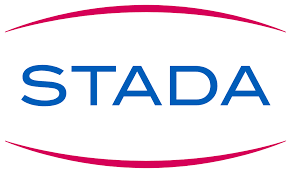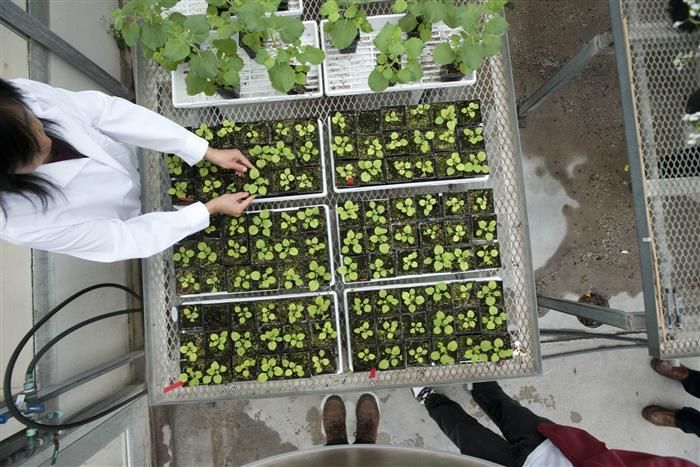- Bone Health
- Immunology
- Hematology
- Respiratory
- Dermatology
- Diabetes
- Gastroenterology
- Neurology
- Oncology
- Ophthalmology
- Rare Disease
- Rheumatology
Biosimilar Business Roundup for April 2021
Biosimilar companies partnered with other companies and saw earnings increases, while reference product corporations faced sales erosion from biosimilar competition.
Launches and Business Deals
April 2021 kicked off with the launch of Oyavas, a bevacizumab biosimilar developed by Stada Arzneimittel, in Germany and the Netherlands. The product launched immediately after receiving regulatory approval from the European Commission for the treatment of several types of cancer. Stada said it plans to launch Oyavas in other European countries once it receives national pricing and reimbursement clearance.
Additionally, Bio-Thera Solutions and Biogen announced they are teaming up to commercialize a tocilizumab biosimilar candidate, BAT1806, for the treatment of rheumatoid arthritis. Under the partnership, Biogen will have exclusive rights to market the biosimilar outside China in exchange for a $30 million up-front payment.
In China, Shanghai Henlius Biotech announced plans to file a new drug application for its checkpoint inhibitor candidate, HLX10. The candidate will not be labeled as a biosimilar despite being comparable to pembrolizumab and nivolumab at treating microsatellite instability–high and mismatch repair–deficient solid tumors. The company is also developing bio-better products, which function as improved versions of originator drugs, and combination therapies featuring biosimilars.
Prestige Biopharma formed a partnership with Russia-based Pharmapark for HD204, Prestige’s bevacizumab biosimilar candidate. HD204 is currently being tested in a phase 3 trial and is under review with the European Medicines Agency. The biosimilar will be produced at Prestige’s factory in the Republic of Korea, and Pharmapark will have exclusive distribution rights throughout Russia.
Quarterly Earnings
Amgen and Teva Pharmaceuticals experienced gains during the first quarter of 2021, reporting earnings increases resulting from the adoption of their respective biosimilar products. For Q1 2020 to Q1 2021, Amgen reported a 156% increase in sales for its bevacizumab biosimilar (Mvasi) and Teva reported a 26% increase in market share for its rituximab biosimilar (Truxima).
Merck said in its earnings report that biosimilars and women’s health spinoff company Organon stands likely to achieve $6.1 billion in revenue in 2021. In June 2021, Organon will begin operating as an independent publicly traded company.
Roche’s earnings saw a $1.74 billion dip, according to the company’s first quarter 2021 report. Earnings erosion for Roche comes as a result of biosimilar competitors for blockbuster reference drugs Rituxan (rituximab), Avastin (bevacizumab), and Herceptin (trastuzumab). Avastin sales dropped 40% from the same quarter in 2020, and Rituxan saw a 37% decline. Herceptin sales also dropped, although not as dramatically, and Roche did not specify exactly how much, stating only that a basket of products for oncology including Herceptin saw an 11% sales decline.
In Other News
Boehringer Ingelheim said that its adalimumab biosimilar, Cyltezo, is on track to become the first interchangeable biosimilar in the United States. The product performed well during a phase 3 switching study in patients with plaque psoriasis, showing comparable safety and efficacy. To demonstrate the equivalency needed for an interchangeable rating, patients in the trial were switched between the reference product and the biosimilar multiple times.
Samsung Bioepis became the most recent recipient of the International Forum Design Award for its newly designed biosimilars packaging. The packaging features soft shapes and soothing mono-colors, with the company describing the concept as “Passion for Health—Pure Joy in Life.” This is the company’s second international award for its packaging designs.
PlantForm, a Canadian biotech company, said it will initiate a program to use tobacco plants to cultivate antibodies that will be used to develop a pembrolizumab (Keytruda) biosimilar for the Brazilian market. PlantForm uses tobacco plants instead of animal cells to develop antibodies to help them avoid some of the production complexities posed when using animals and bioreactors.
Newsletter
Where clinical, regulatory, and economic perspectives converge—sign up for Center for Biosimilars® emails to get expert insights on emerging treatment paradigms, biosimilar policy, and real-world outcomes that shape patient care.




